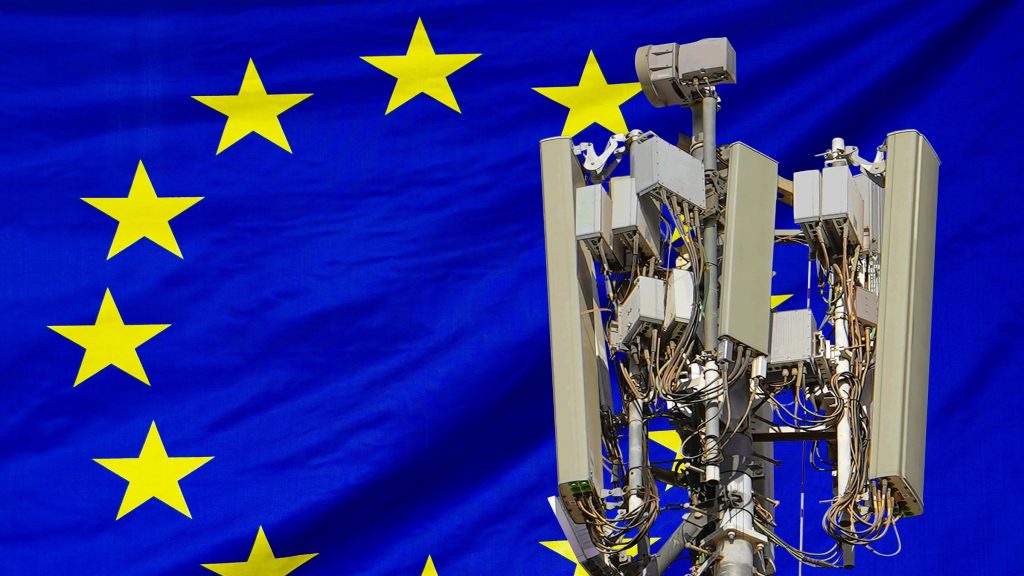
The European telecom sector is facing a challenging period as cost-cutting becomes an increasingly crucial aspect of their operations.
Some of the European Union’s telecom sector is grappling with severe challenges, as saturated markets and diminishing growth forecasts push some of the biggest operators to prioritize cost-cutting.
Despite the holiday season of some of the Europe’s biggest mobile network operators’ (MNO) executives, such as France’s Orange, Germany’s Deutsche Telekom, and Spain’s Telefónica, the companies they lead currently face increasing risks and what can only be seen as fierce competition in an already stifling industry.
Mobile and broadband services markets, once entirely saturated by these providers, have now become almost devoid of any growth prospects, leaving only intense and intractable rivalry.
Problems Associated with Investment Growth
European telecom operators have reached growth limits as nearly everyone has already signed up for mobile and broadband services, leading to stiff competition and lower prices.
National regulations require companies such as Deutsche Telekom in Germany, Orange in France and Telefónica in Spain to maintain separate systems for each country, making it difficult for them to challenge American or Chinese giants.
The industry’s redirection towards unlimited data plans has also decreased revenues. Even as people use more data, the companies don’t make more money, but their costs increase. Meaning, while data usage increases, telcos’ profits do not, yet their cost rises.
AT&T’s Chief Technology Officer (CTO), Jeremy Legg, highlighted this issue by saying that “the telco industry historically has had these all-you-can-eat business models, and the world is moving more toward consumption-based models.”
Investment Cuts and Lingering Uncertainties
Europe’s telecom firms are experiencing lower returns on their investments (ROI), despite the telcos’ significant role in providing internet access to a massive scale.
In 2022, the cost of capital of these firms exceeded the return on capital for the first time in years, leading to reductions in expenditure. For example, investment by the top European telecom, including Deutsche Telekom, Orange, and Telefonica, dropped from over $49 billion in 2022 to about $43.1billion.
The reluctance to invest is slowing down the rollout of 5G technology, with indications that the 5G upgrade cycle is heavily stalling. As a result, and due to pausing investments into 5G, European telecom companies are in the process of transitioning to 6G. The Next Generation Mobile Networks (NGMN) alliance suggests that 6G should concentrate more on software updates than new hardware as its stated. NGMN is a 6G network alliance that has multiple associations with mobile vendors, operators, manufacturers, and research institutions.
European Telecom Looking Ahead
Going east from Europe to South Asia, India’s telecom stocks are soaring, with 8.35 points or 0.27% increase. When delving into the three main European telecom companies, one could see that market information is basically absent, raising questions.
The outlook for European telecom companies, however, remains vague. Analysts expect that by the end of this year, investment as a share of sales will drop, even as telecoms continue selling off assets like mobile network towers. A great example here would be Telecom Italia’s selling of its entire fixed-line network, leading to a staggering staff reduction.
In parallel, private equity firms are stepping into the infrastructure void left by European Telecom, while Microsoft, as well as other tech giants, are decreasing their plans on telecommunications projects, challenging telecom operator’s operations turn to cloud computing to reduce costs.
There is still some hope, though.
Major reductions in both workforce and expenses could lead to higher profitability. But fierce competition could also quickly erode these gains if there is no growth or mergers. Longer upgrade cycles for networks would further hit telecommunication equipment vendors with a massive blow.
Inside Telecom provides you with an extensive list of content covering all aspects of the tech industry. Keep an eye on our Telecom sections to stay informed and up-to-date with our daily articles.